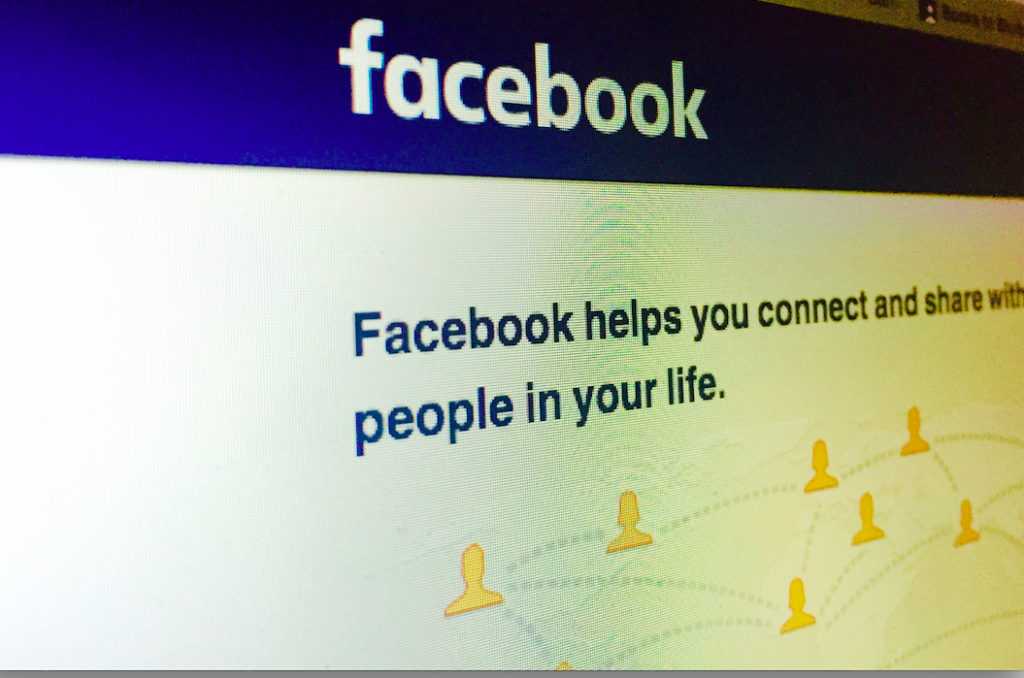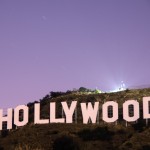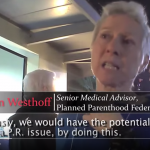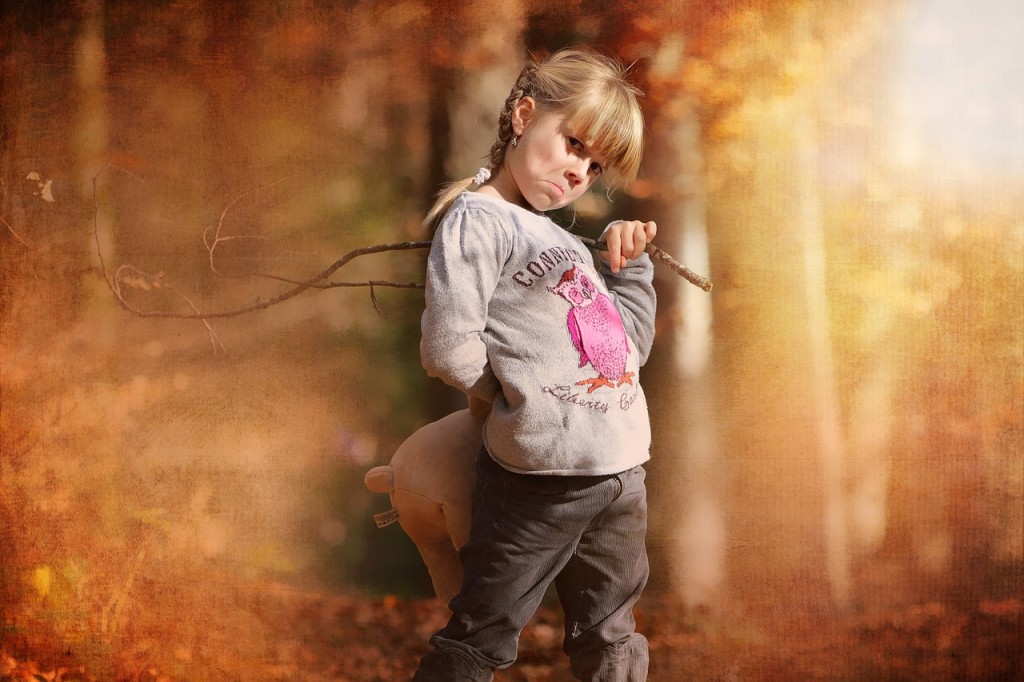 The other day I remarked to Emily that Facebook has become useful for essentially only two things: Seeing other people’s photos, and sharing links. It seems that every time I log into Facebook, at least for the past couple years, what I get can almost totally be classified as either a photo or a link to something off Facebook. Sometimes those links are of a personal nature, but most of the time they’re not. Pictures I would classify as probably 60% family/baby pictures, 30% “activity” pictures (“here’s what I’m eating/doing/reading right now”) 10% miscellanea.
The other day I remarked to Emily that Facebook has become useful for essentially only two things: Seeing other people’s photos, and sharing links. It seems that every time I log into Facebook, at least for the past couple years, what I get can almost totally be classified as either a photo or a link to something off Facebook. Sometimes those links are of a personal nature, but most of the time they’re not. Pictures I would classify as probably 60% family/baby pictures, 30% “activity” pictures (“here’s what I’m eating/doing/reading right now”) 10% miscellanea.
The reason this is interesting to me is that I’ve now been on Facebook for 8 years (minus about a year off the site from 2010-2011), and I’ve been able to watch as, progressively, it has become less and less of an actual “social network” and more of a kind of digital bazaar. I realized that not only am I not more connected to more classmates, coworkers, and friends for having had Facebook for 8 years–I’m actually less connected than I might be, had I not farmed out many of my casual relationships to Facebook.
Around 2009 or 2010 probably marks the zenith of my use of Facebook. I used the site seriously every day, to the point that it often became a problematic distraction in my daily life (this was before iPhone, so checking Facebook required a computer and a chair). The reason I used it so seriously was that I was, in a very real sense, conducting an entirely separate genre of relationships through it. I talked regularly to “friends” whose families I’d never met and whose birthdays I only knew because of Facebook’s helpful reminders. I had intimate personal conversations with people I’d not physically shared a space with in months or years. And none of that was especially disappointing because the Facebook relationship matrix was a self-contained one. Getting a “like” from someone, or “liking” their status or photo, was its own kind of social currency. A wall post (this was when Facebook still had walls, and not the ridiculous “timeline”) was much better than a “Like” because it was personal and not as mindless; the other person had to single me out to do it.
I’m sure that part of this was the immaturity of those years and the combination of various personal chaoses that made me vulnerable to impersonal-yet-emotional relationships. But here’s the thing: While I was in the middle of the Facebook relationship matrix, I was perfectly content to live without the serious stuff of live, interpersonal friendship. I didn’t need to really know anybody; I only needed to know their Facebook. The success of Facebook depends, as the film The Social Network makes clear, on selling users on the idea of a “digital self,” a cyber-identity that digitizes personality. But this cyber self is created and cultivated through real actions; ergo, Facebook’s usefulness is more or less dependent on how much time you’re willing to give it. If you post a lot of updates, you’ll get more feedback. If you take time to add filters and flattering angles to your photos, you’ll get more “Likes.” And if you constrain your investment in the lives of others to social media, you’ll feel “closer” to them online.
And yet, 5 years after becoming a certified pro in Facebook, many of those friends whom I felt closest to online have fallen out of contact altogether. Life has pushed aside social media, and with it, both the motivation and mechanisms of friendship. Thing is, I’m not lonely; I’ve been married for 3 1/2 months, been a member of a new church for 8 months, and have lots of family and friends close by. But that’s actually what worries me. The kind of loss of “friendship” that I’ve had with Facebook friends hasn’t felt lonely at all. How can losing touch with people to whom I shared many deep conversations and memorable life experiences feel like not much loss at all?
I’m afraid that’s how Facebook works. The digital self can feel intensely real at times, but in the end it is still a digital self. And that’s the trouble with Facebook. It’s become a useful place to share links and funny images, to be sure. But there is certainly a part of me that wonders if too many hours to count were wasted putting coins into its relational claw machine game, trying to get something that sticks. If I could travel back in time, I’d stop on my way to the American Revolution in 2009, and tell myself to log off and go have a coffee.












